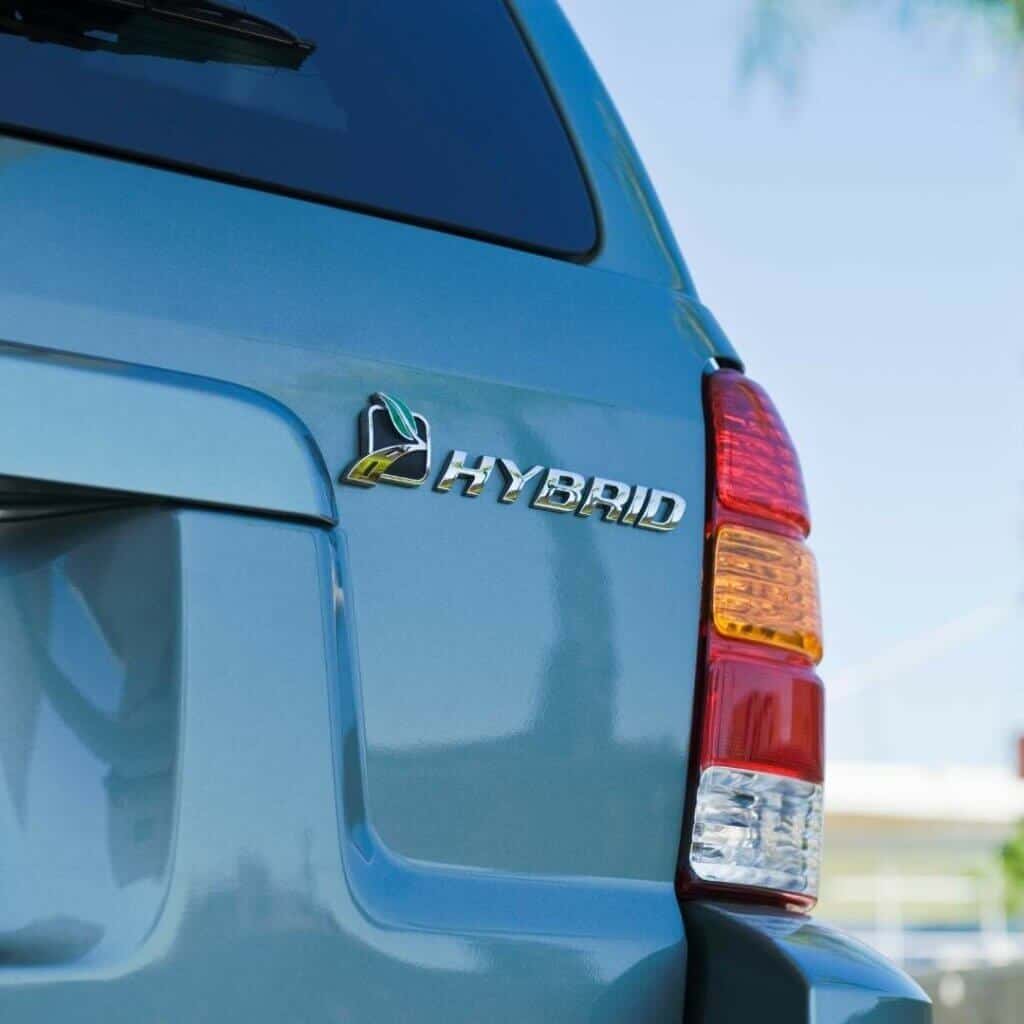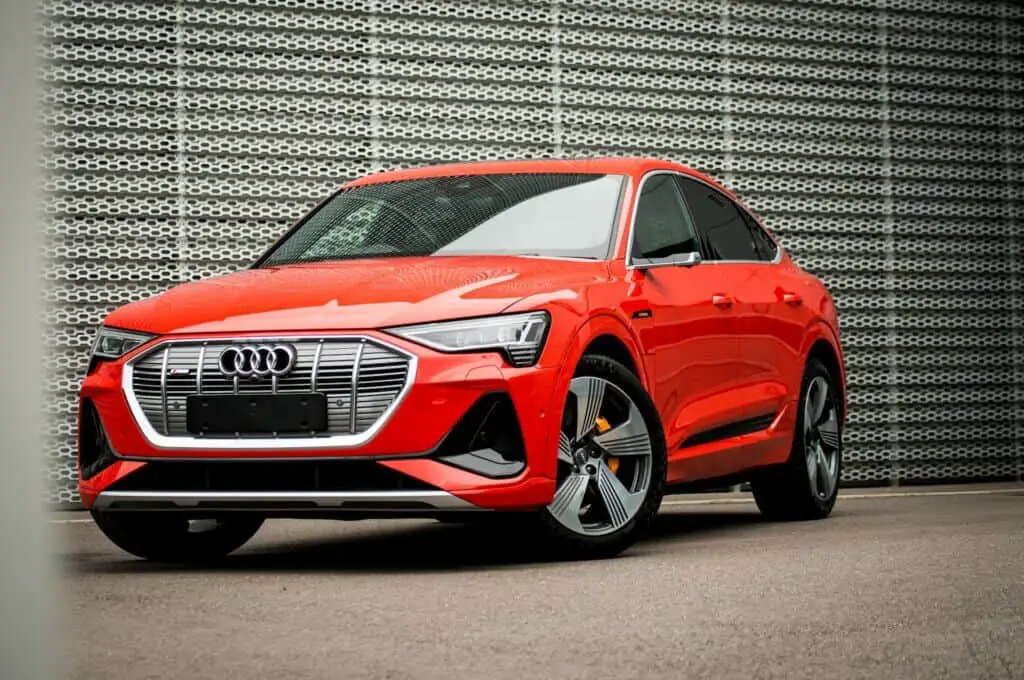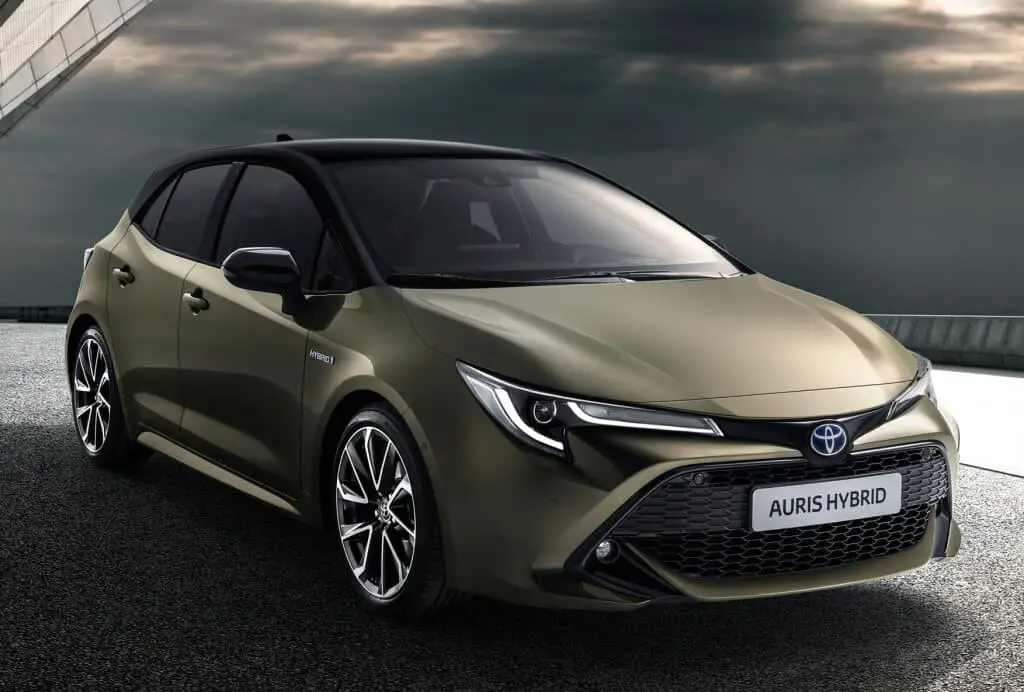Dealing with a junk car can be a real headache. You’re stuck with a vehicle that’s taking up space, possibly inoperable, and you’re unsure how to dispose of it responsibly and beneficially. Whether it’s an old family car that’s seen better days or a project that never took off, it’s a burden you need to address.
How to Get Rid of a Junk Car
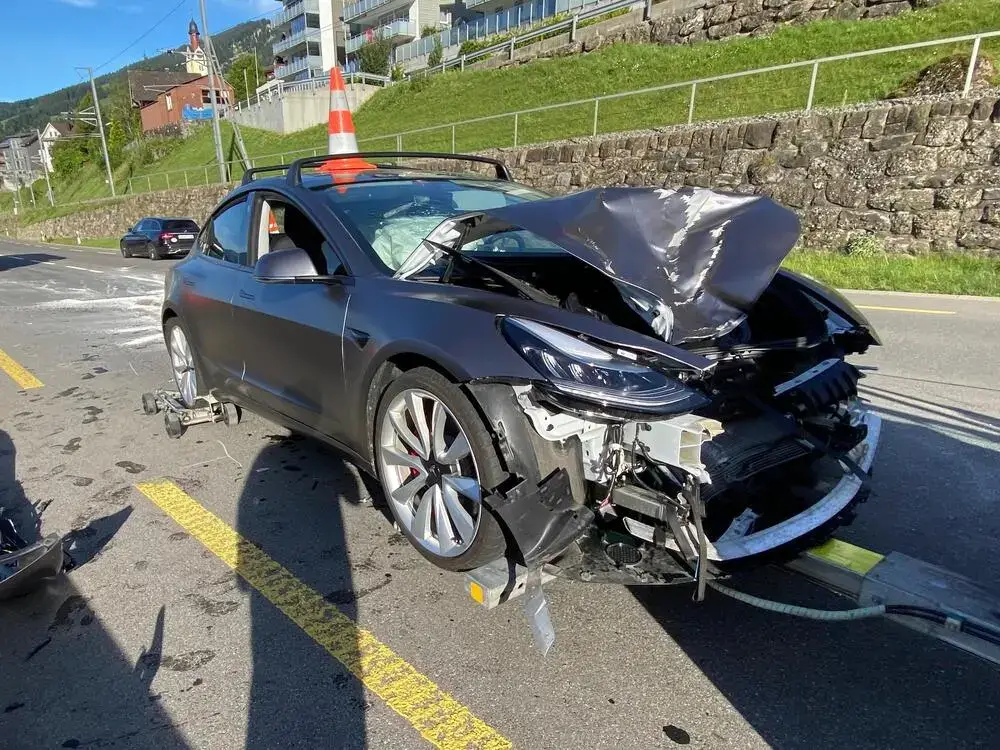
Option #1: Selling it to a junkyard
Each junkyard has different policies when buying a junk car. It’s important to know if they offer free towing for non-running vehicles or if they buy incomplete or crashed cars.
In order to find the right junkyard, it’s best to make a quick online research for local junkyards. You should check their reviews and history of fair dealings.
Some junkyards might offer better prices based on the current demand for specific car parts or metals.
Preparing Your Car for Sale
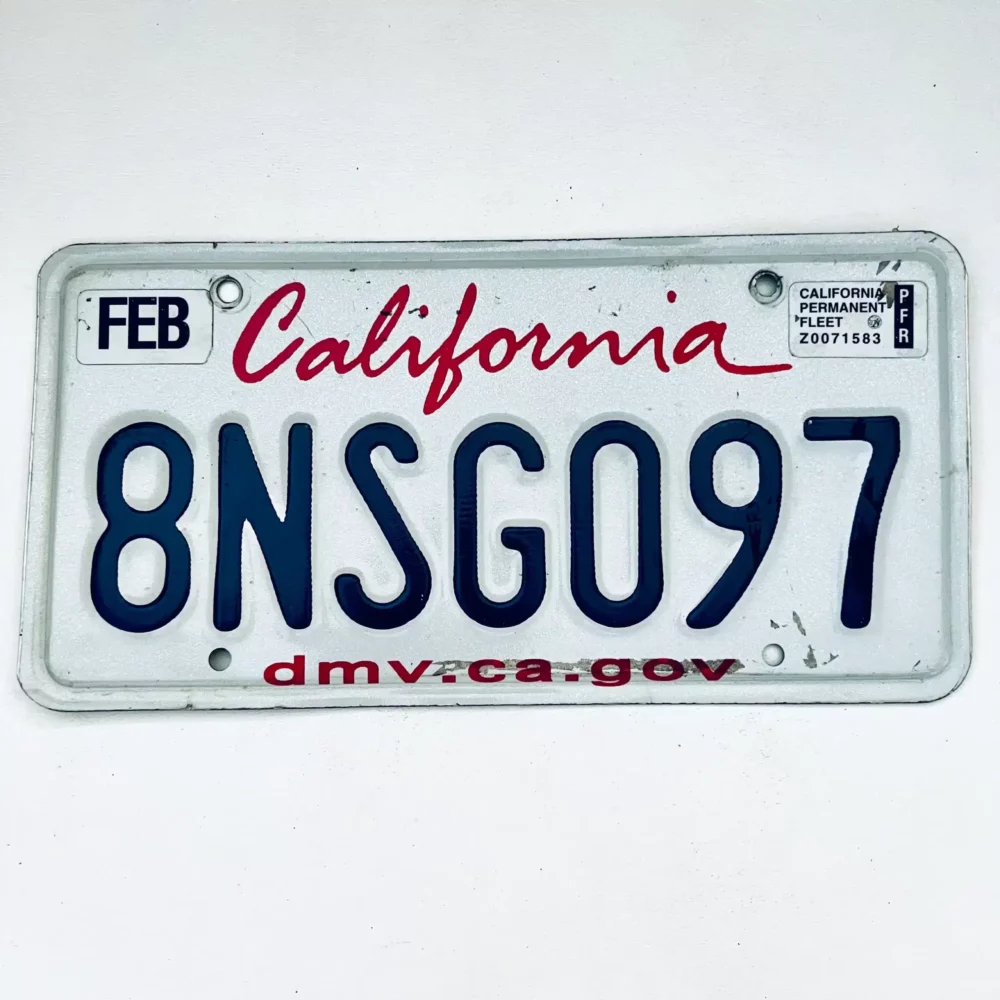
Accomplish the following steps before selling your junk car:
- Remove Personal Belongings and Valuable Parts: Clear out all personal items and detach any valuable aftermarket components that might fetch a higher price if sold separately.
- Gathering Necessary Documents: Ensure you have the vehicle’s title. If you’ve lost the title, obtain a duplicate from the DMV. Settle any outstanding liens on the car.
- License Plates: Remove license plates as they may be required for future registration processes.
- Drain Fluids Properly: Drain all fluids, such as gasoline, coolant, and oil, to avoid environmental hazards and comply with junkyard policies.
If all that sounds a bit overwhelming for you, you can use a cash for junk car service that will simplify the process, but may be less profitable than selling your junk car straight to the junkyard.
Option #2: Donating the Car for a Cause
Some reputable charities that accept car donations include:
- American Cancer Society
- Disabled American Veterans
- Habitat for Humanity International
- Make-A-Wish Foundation of America
- Volunteers of America
- And more.
Donating your car to a qualified charitable organization can offer tax benefits. Generally, you can claim a tax deduction for the car’s fair market value. However, the process varies based on the organization and your location.
Key documents when donating your car include a clear title, registration, and insurance papers. If there’s a lien on the title, it must be cleared or released by the bank before you can donate. Ensure all paperwork is in order to avoid any legal issues.
Option #3: Recycling
To recycle a junk car, identify local recycling centers equipped to handle vehicle recycling. Some centers may offer complimentary towing services, while others may require you to bring the car to them.
Recycling a junk car conserves natural resources by reusing materials and diminishes carbon emissions by lowering the demand for energy-intensive new metal production.
The Recycling Process Explained
The recycling process of junk cars involves several steps:
- Initial Assessment: Inspecting the vehicle to identify salvageable parts and hazardous materials like oil and batteries.
- Draining Fluids: Safe removal of all liquids, including oil, gas, brake fluids, and coolant, to prevent environmental contamination.
- Removing Essential Parts: Salvaging valuable parts like engines and transmissions for recycling or resale.
- Crushing the Vehicle: The car is crushed into smaller pieces after removing valuable parts.
- Separating Metals: Using magnetic separation technology to sort metals from other materials. The separated metals are then sold to steel mills and auto parts manufacturers for use in new products.
Option #4: Dismantling and Selling Parts
When considering dismantling your junk car, focus on identifying its most valuable parts. These include the car engine, catalytic converter, stereo systems, alternator, and wheels. These parts can be sold separately to individual buyers or through online marketplaces.
Tips for Selling Car Parts
Before selling the parts, make sure they are clean and in good condition. Take high-quality photos and create a detailed list, including prices based on your market research and comparable values. Also, be aware of your state’s laws, as selling certain car parts like airbags or catalytic converters might be restricted or require specific permits.
Option #5: Trading In for a Newer Model
Trading in a junk car typically involves presenting it to a dealership, which will assess its value and offer a trade-in credit. This credit is then applied toward the purchase of a new vehicle. Dealerships evaluate the car’s mileage, condition, age, style, and desirability to determine its value.
To get the best trade-in value, you should clean the car thoroughly, both inside and out, and make any minor, cost-effective repairs. Also, ensure all legal paperwork, including title transfer and registration cancellation, is completed to avoid future liabilities.
Related: Are Hybrid Cars Good For Short Distances
Option #6: Turning Junk Cars into Art or Furniture
There are many ways to transform car parts into decorative or functional pieces, including the following:
- Converting car parts into sculptures, such as using car hoods for headboards or turning tires into comfy seats.
- Creating furniture like coffee tables from engines or using car doors and window handles as drawer pulls.
- Upcycling license plates into wall art or transforming car jacks into stools for kids.
- Making lighting fixtures from old headlights.
What to do With Hybrid Car Batteries?
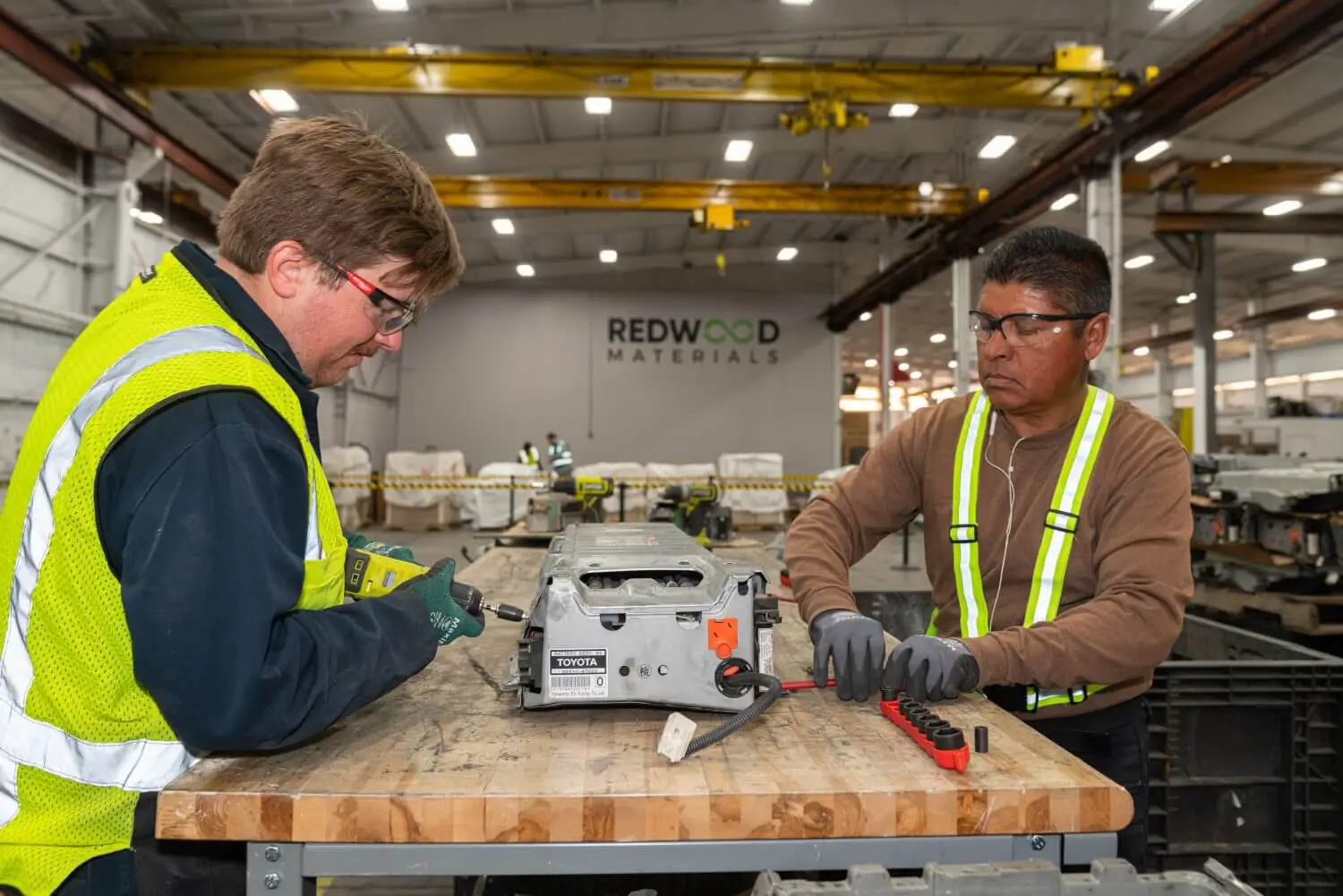
Like traditional vehicles, hybrid car batteries contain hazardous materials and require special recycling requirements.
Options for Recycling or Disposing Batteries
The recycling process for electric vehicle (EV) batteries involves several stages, such as:
- Dismantling
- Chemical treatment of cells and modules
- Recovery of valuable metals through methods like pyrometallurgical and hydrometallurgical processes.
Additionally, junk EV batteries can have significant capacity left and can be repurposed for second-life applications like stationary energy storage systems or solar energy storage.
Learn more about hybrid and electric cars here.
Wrapping Up
Getting rid of a junk car doesn’t have to be difficult.Choose the most suitable options, depending on your preferences, the condition of the car, and your location.
Every junk car can be valuable in its own way – it’s about identifying the ideal strategy for your situation. Learning how to get rid of a junk car is always a smart idea.
Read Also: Hyundai Kona Electric Problems

